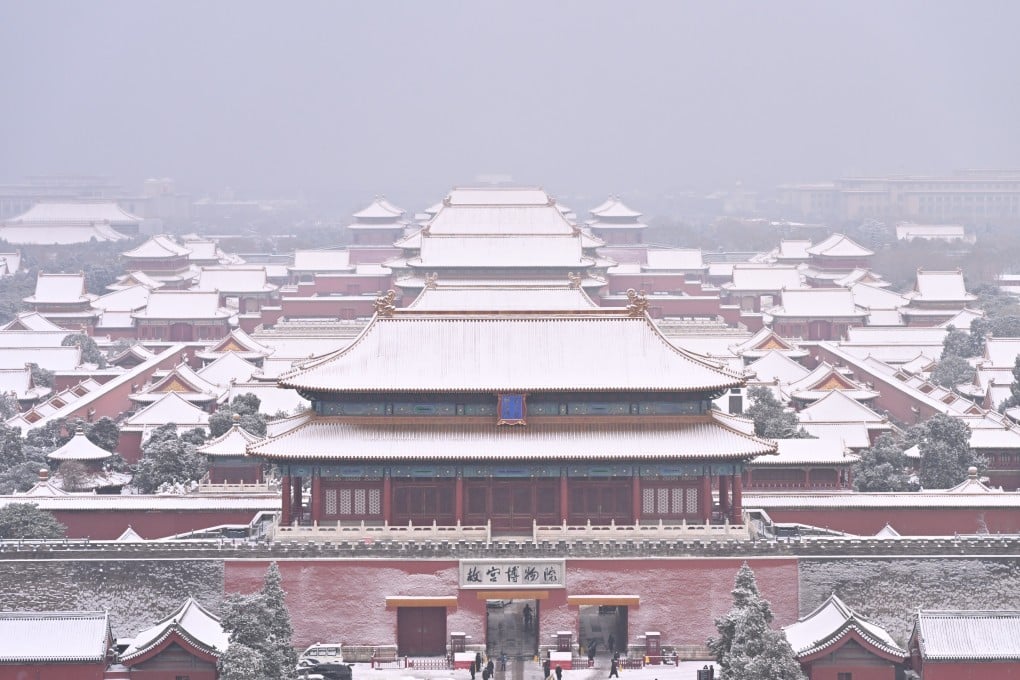Advertisement
Northern China on alert for snow onslaught and record low temperatures
- The mercury is expected to stay below freezing as cold wave sweeps across the region from Wednesday
- Climatologist says the country’s winter average temperatures have risen but cold waves have also become more extreme
Reading Time:2 minutes
Why you can trust SCMP
1

Yuanyue Dangin Beijing
Northern China is bracing for fresh snowstorms this week, with the capital on alert for blizzards.
Observers said climate change could be contributing to the extreme weather and the conditions could pose a risk to infrastructure.
The National Meteorological Centre said on Tuesday morning that snowstorms would hit northern China from Wednesday to Friday as a cold wave swept across the country.
Advertisement
Minimum temperatures in parts of northern China “will approach or fall below the extremes of the same period in history”, the centre said.
A day earlier, the centre said temperatures in central and eastern China would continue to fall after mid-December.
Advertisement
It added that another round of cold snaps would keep temperatures below zero and “freezing all day” next week in much of the country’s north.
Advertisement
Select Voice
Choose your listening speed
Get through articles 2x faster
1.25x
250 WPM
Slow
Average
Fast
1.25x